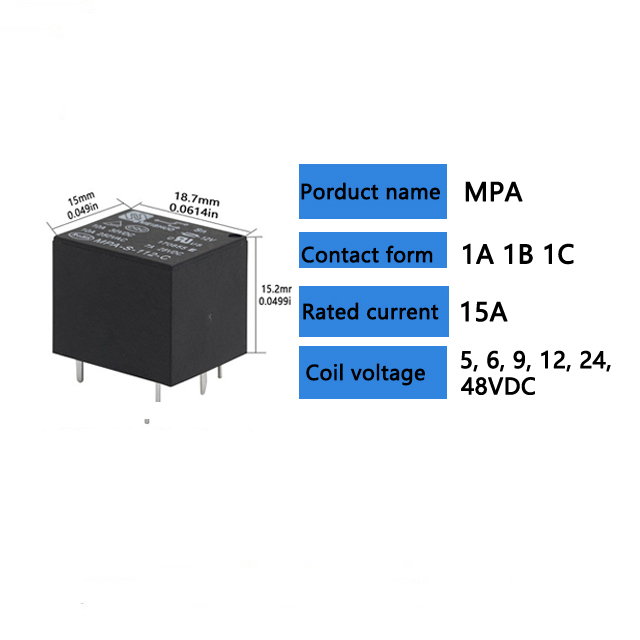Relay selection plays a vital role in modern wireless communication systems, especially in scenarios where direct communication between devices may not be feasible due to range limitations, interference, or obstacles. By introducing intermediate relay nodes, communication can be extended and optimized. This article explores the concept of relay selection, its significance, and its applications in improving communication efficiency in various wireless networks.

Introduction to Relay Selection Relay selection refers to the process of choosing the most appropriate relay node to forward a message between a source and a destination in a wireless communication system. The goal is to enhance the overall network performance by selecting the relay with the best characteristics, such as signal strength, link quality, or energy efficiency. Relay nodes serve as intermediaries that forward data from one device to another, essentially extending the coverage area, improving signal reliability, and ensuring high-quality communication, even in difficult environments.